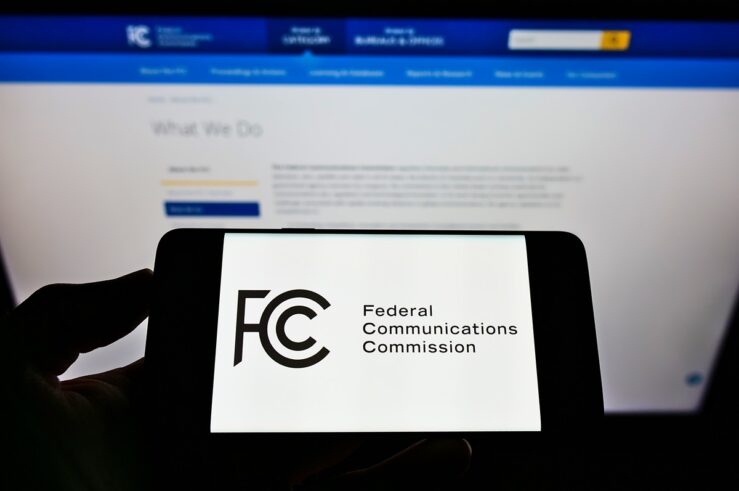The New York Times is reporting that New York’s attorney general, Andrew Cuomo, has filed an antitrust suit against Intel. According to the report,
The New York move increases the chances that the F.T.C. will take action against Intel, according to a person who was familiar with the state’s investigation but was not authorized to discuss it. Mr. Cuomo’s staff, this person said, regularly communicates and cooperates with the commission’s staff.
“These are separate investigations, but it would be very surprising for New York State to go off on its own without being fairly confident the F.T.C. would pursue Intel as well,” the person said.
The case is modeled on the European Commission’s case against Intel, itself modeled on the ongoing private suit brought by rival, AMD, in Delaware.
Among FTC watchers it is an open secret that the Commission is likely to bring a case against Intel soon, probably before the end of the year. This just corroborates that intuition.
TOTM readers know that we have had some harsh things to say about the case against Intel. See, for example, here, here and here.
Thom in particular has had some choice words for New York’s investigation:
So why is Attorney General Cuomo pursuing this European-style, competitor-focused antitrust inquiry? Perhaps he is, as he claims, just looking out for the interests of New Yorkers. But not in their status as computer buyers (where they’d be helped by aggressive price competition). Instead, he’s looking out for their prospects of employment and for his state’s coffers. It seems that Intel’s chief competitor, Advanced Micro Devices (AMD), has promised to build a $3 billion plant in upstate New York. Thus, it makes sense that Mr. Cuomo would jump on the bandwagon led by Senator Charles Schumer and Representative Kirsten Gillibrand (D-NY), both of whom have pushed for a federal inquiry into Intel’s loyalty discounts.
So what we have here is really a protectionist move that may benefit New York’s workers (who may land sweet AMD jobs) and politicians (who’ll have more tax revenue to spend), but at the expense of computer consumers generally. What’s more, other potential discounters will know they might face inquiries from aggressive states like New York, and they may therefore forego consumer-friendly discount arrangements.
It’s bad enough that American businesses have to worry about competitor-focused European regulators. We’re in real trouble if rogue states start acting like antitrust bullies.
The case is almost certainly a bad one. As I said in the New York Times when the EU decision was announced, “Europe’s case is really predicated on the idea that there will be future harm to A.M.D. . . . It is really hard to find evidence of that now.” The case is the poster child for intervention based on a decision uninformed by error cost analysis. Intel’s is an innovative industry, and Intel’s contract practices are themselves innovative means to facilitate its extremely-high-fixed-cost business model. Absent actual evidence of harm to consumers (and in the face of evidence of great benefit to consumers), the case is built on tenuous theoretical underpinnings with a strong risk and high cost of error. As Josh and I discuss in our recent paper, this sort of enforcement decision is a recipe for disaster.




